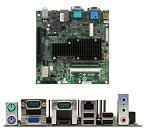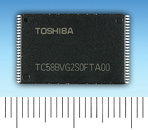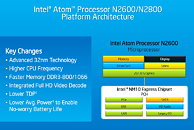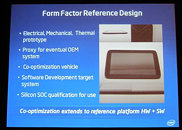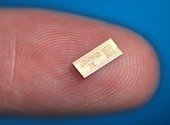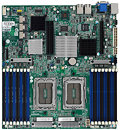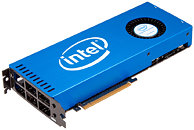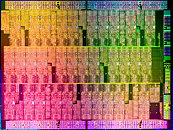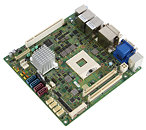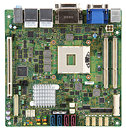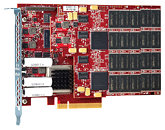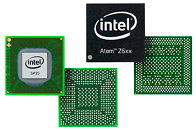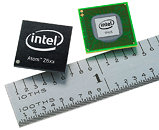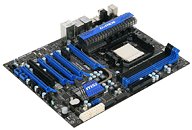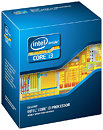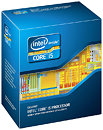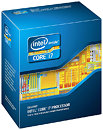IP Theft: UMC Pleads Guilty to US Court Charges of Trade Secret Theft, Faces $60 Million Fine
Taiwanese corporation United Micro Electronics (UMC) has pled guilty on charges of trade theft. The charges, originally pressed in November 2018 by US authorities, placed UMC and China's Fujian Jinhua in hot waters under suspicion of stealing trade secrets from US-based Micron technologies, one of the world's foremost players in memory semiconductor technologies. UMC's guilty plea serves as a way for the company to avoid heavier penalties, and includes a provision for the company's assistance in investigating Fujian Jinhua's actions in regards to this IP theft.
The whole story revolves around UMC's hiring of three Micron employees from Micron's subsidiary in Taiwan, Micron Memory Taiwan (MMT), back around September 2015. At least two of these employees migrated Micron trade secrets to UMC, which then inked a deal with china's Fujian Jinhua for the development of 32nm DRAM and "32Snm" DRAM technologies that Fujian Jinhua could then deploy for the manufacture of memory products - a deal which had Fujian Jinhua paying $300 million for equipment purchase plus $400 million for technology development to UMC. This all fell in line with the Chinese government's Made in China 2025 plan, which aims to bring the country to semiconductor independence from the western world. UMC says that the company itself didn't partake in the underhanded IP delivery to Fujian Jinhua, claiming instead that rogue employees did so of their own volition. The company further states that it only pleads guilty because according to the US Trade Secrets Act, the company still bears legal responsibilities for employee acts, whether or not top management is involved.
The whole story revolves around UMC's hiring of three Micron employees from Micron's subsidiary in Taiwan, Micron Memory Taiwan (MMT), back around September 2015. At least two of these employees migrated Micron trade secrets to UMC, which then inked a deal with china's Fujian Jinhua for the development of 32nm DRAM and "32Snm" DRAM technologies that Fujian Jinhua could then deploy for the manufacture of memory products - a deal which had Fujian Jinhua paying $300 million for equipment purchase plus $400 million for technology development to UMC. This all fell in line with the Chinese government's Made in China 2025 plan, which aims to bring the country to semiconductor independence from the western world. UMC says that the company itself didn't partake in the underhanded IP delivery to Fujian Jinhua, claiming instead that rogue employees did so of their own volition. The company further states that it only pleads guilty because according to the US Trade Secrets Act, the company still bears legal responsibilities for employee acts, whether or not top management is involved.


